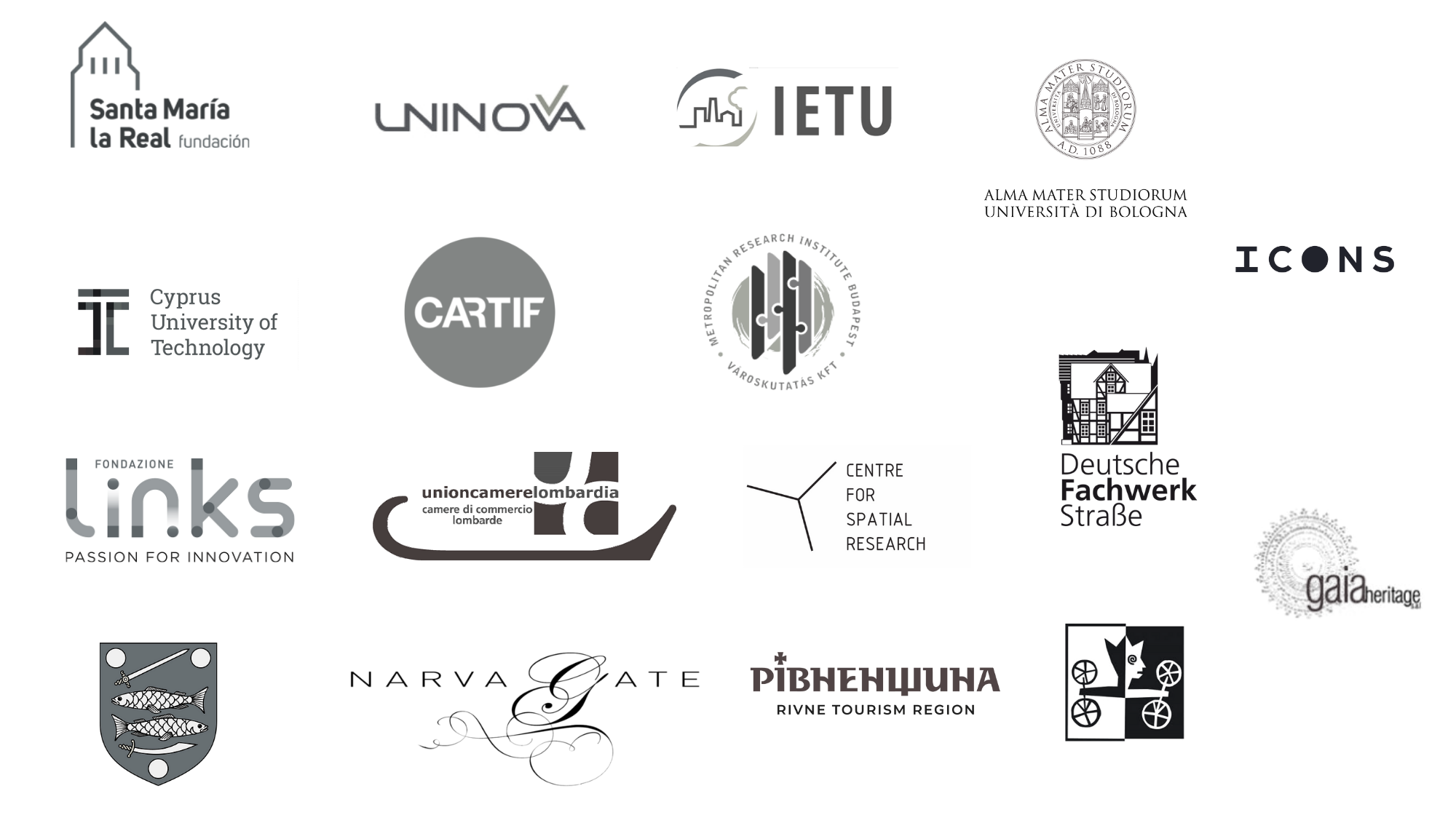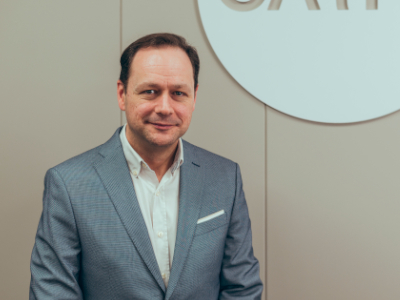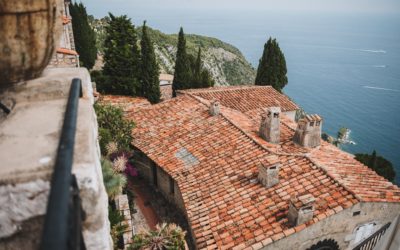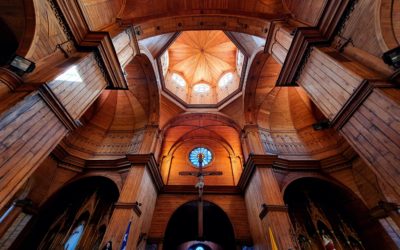CARTIF PROJECTS
TExTOUR
Social innovation and technologies for sustainable growth through participative cultural tourism
Description
Cultural Tourism (CT) represents about 37% of the tourism sector, with an annual growth of around 15%. This can be capitalized by certain regions and sites of EU (and beyond) having a high cultural, social and environmental potential.
TExTOUR mobilizes 18 partners, represented in the quintuple social innovation helix (knowledge, business, society, government and entrepeneurs) to co-design, validate and upscale to various levels, policies and strategies with positive impact on the socio-economic territorial development based on cultural tourism. This can be done upon 8 pilots to conceive and design collaborative work methodologies for their sites.
Objectives
- Review the existing procedures, tools and strategies based on participatory approaches all around Europe that can be consulted or capitalized during the project implementation.
- Establish a strong dialogue with Pilot´s representatives and related stakeholders.
- Involve these Pilot´s communities in the design and data collection phases.
- Demosntrate a wide set of strategies to promote CT in relevant urban and rural domains and their nexuses with economic growth and employment indicators.
Actions
- Setting up Lab Communities, composed of a wide range of stakeholders with a relevant role in the development of CT sector for each Pilot.
- Guiding these stakeholders through the CT-Labs (Lab Communities in action) for the implementation, monitoring and validation of the CT ad hoc strategies.
- Preparing a modular and scalable EU Action Plan for CT Development.
Expected Results
- Identifying of strategies, procedures and tools to promote socio-economical development across Europe and beyond in order to assess the effectiveness and sustainability in attracting, managing and diversifying CT in the EU.
- Establishing the key success factors and appropriate methodologies for leveraging CT upon synergistic factors relying on communities further tahn typical historical-picturesque heritage.
Partners

TRANSFORMATIONS-04-2019-2020
No. 101004687

Total Budget: 3.816.125 €
CARTIF Grant: 310.750€
Duration: 01/01/2020 – 30/06/2024

Responsible

Pedro Martín Lerones
Head of Cultural & Natural Heritage Area
Networking
Heritage projects:
RURBANIVE
RURBANIVE will establish a novel rural/urban innovation framework, supported by technical and social innovations to enhance territorial governance and existing policy tools.
RURACTIVE
RURACTIVE encourage a just and sustainable transition of rural areas through intelligent solutions, lead by the community, tailor-made, based on the local and inclusive inside the multi-stakeholder rural innovation ecosystems at 12 pilot areas (Dynamos, Ds).
SRURAL
SRURAL aims to investigate and advance in recognized disruptive technologies (cognitive computing, edge computing and dynamic geo-information), in addition to demonstrate their application in our natural spaces and their extensive cultural heritage (cultural landscapes as a whole), in such a way that causes a real transformation of the territory providing practical ways of proceeding with management
RURITAGE
RURITAGE enables rural regeneration through cultural and natural heritage (CNH). Has selected 13 rural areas as Role Models, i.e. successful cases regenerated thanks to CNH in 6 Systematic Innovation Areas.
ITEHIS
Inovative and digital technologies to proceed to the technical inspection of historical buildings for public or private use. The methodology proposed is based on the HBIM (Heritage BIM) paradigm
INSITER
INSITER eliminate the gaps in quality and energy-performance between design and realization of energy-efficient buildings based on prefabricated components.
SHCITY
SHCITY addresses the innovative challenge of creating a unique tool to manage historic urban centers and facilitate the work of the competent authorities in decision making. SHCITY will integrate data collected by sensor networks with artificial vision and 3D scanning technologies deployed in the urban area (Ávila), in order to respond to conservation, security, energy efficiency and tourism needs.
RENERPATH-2
The goal of the project called “Energy Refurbishment Methodology for Heritage Buildings” (RENERPATH-2) is to establish a specific European pre-normative, focused on the energy refurbishment of heritage buildings, whether public or private use, in parallel with the newly constructed buildings law.
INFIT
In INFIT, automatic data capture systems have been developed to obtain an accurate and objective image of the tunnel surface.
SITEER
Currently, inspections of road and rail tunnels are carried out manually. CARTIF and Geocisa have studied how to implement technologies that allow inspecting automatically tunnels to achieve its preventive maintenance, developing a system which is able to organize the collected data.
PAVIREX
The PAVIREX project, “New safer pavements in extreme temperature conditions”, was co-financed by the Ministry of Science and Innovation and FEDER Funds, through the INNPACTO 2011 call. The consortium of the project is formed by CARTIF, Grupo Campezo, Euroestudios , Proas (Cepsa), Eiffage, the University of Oviedo and the University of the Basque Country.
RENERPATH
This project, which was developed between 2011 and 2013, established an energy rehabilitation methodology based on novel and non-intrusive techniques for the energy analysis applicable to public and private heritage buildings.












